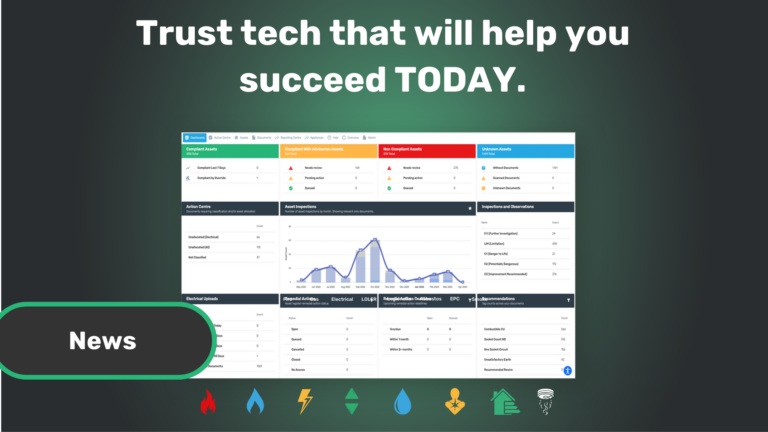Artificial Intelligence (AI) will revolutionise UK social housing by enhancing transparency, governance, and data protection. This transformation is crucial for addressing current challenges and improving processes within the sector.
Transparency is a key area where AI can make a significant impact. AI-powered tools can provide real-time data analytics, offering clear insights into housing conditions, maintenance needs, and tenant satisfaction. This level of transparency ensures that housing associations can promptly address issues, fostering trust through accountability.
Effective governance is another critical aspect. AI can streamline administrative processes, reducing the burden on staff and ensuring compliance with regulations, to a point. By automating routine tasks such as tenant applications, rent collection, Repairs and Maintenance elements and maintenance scheduling, AI enables housing associations to focus on strategic planning and improving all-round services.
Data protection is paramount in the digital age. AI systems in social housing must adhere to strict data protection laws to safeguard tenant information. Implementing AI solutions that comply with GDPR (General Data Protection Regulation) ensures that personal data is handled responsibly and securely, preventing breaches and enhancing tenant trust. I believe that in the future someone will fall short of this and then the spotlight will be shining brighter on everyone. It’s such a minefield and not exactly a walk in the park to manage when you have an artificial entity roaming around the data.
Understanding ISO standards is essential for maintaining high-quality AI implementations. They provide a framework for developing, deploying, and managing AI systems, ensuring they are safe, reliable, and effective. These standards help housing associations navigate the complexities of AI integration, ensuring that the benefits are maximised without compromising quality or security.
AI offers immense potential to improve transparency, governance, and data protection in UK social housing. By leveraging AI ‘responsibly’ and adhering to standards, housing associations can enhance their operations and better serve their communities.
To see our two page spread in the Housing Executive Magazine Issue 15, follow the link below!!
https://www.housing-executive.co.uk/issue15/index.html

